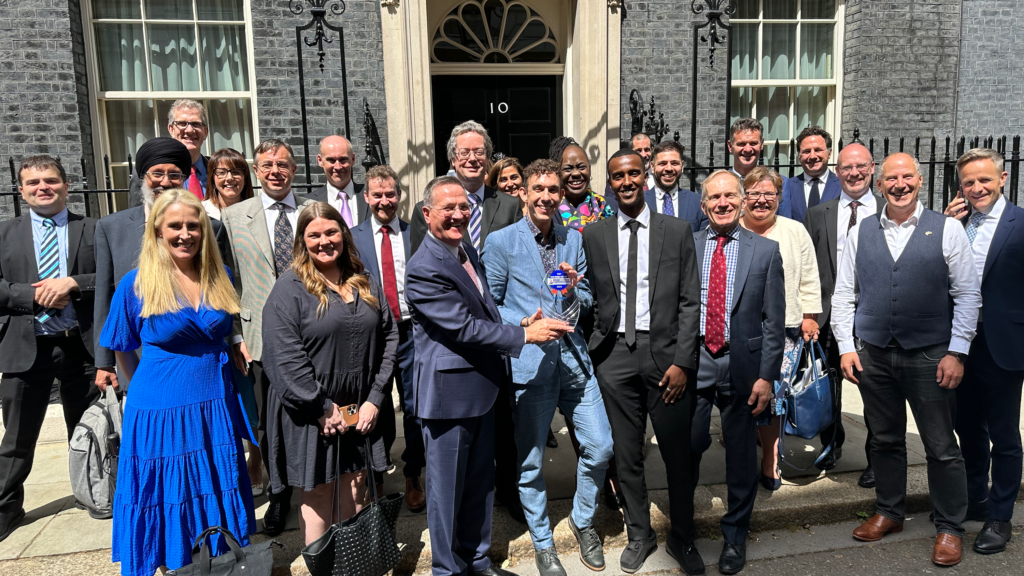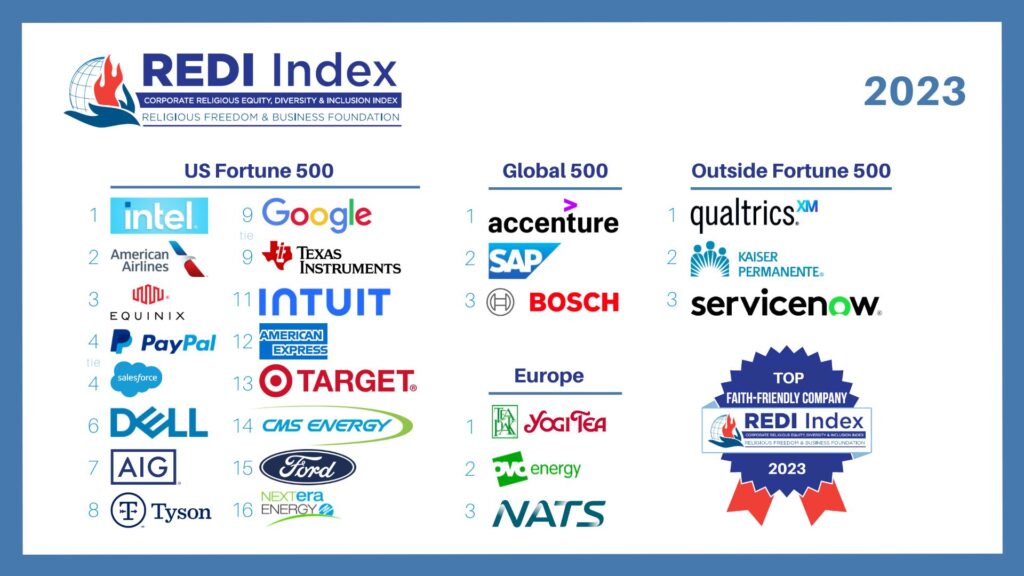 By Kent Johnson
By Kent Johnson
The recent US Supreme Court opinion in Groff v. DeJoy, Postmaster General clarifies the nature and extent of employers’ duties to accommodate religious practice in the workplace. As you’d expect, organizations like ours (the Religious Freedom and Business Foundation) are celebrating this opinion. But some commentators have worried that this decision represents a victory of “religious people” to the detriment of “non-religious people.” It’s not that. In fact, I’d argue, this opinion provides a clarification that people across the spectrum of belief (and unbelief) should welcome enthusiastically.
Title VII of the Civil Rights Act of 1964 requires employers to “make reasonable accommodations to the religious needs of employees.” An exception applies where an accommodation would create “undue hardship on the conduct of the employer’s business.” The question before the court was: How much “hardship” must employers undertake?
The Court applied a common-sense interpretation of this Title VII language. It said a “hardship” is something that’s “hard to bear;” one that entails “suffering” or “privation.” In addition, the Court said that in order to override a company’s obligation to accommodate religion, the hardship must be “undue.” The difficulty must be “excessive” or “unjustifiable.” The negative effect on the employer’s business must be significant. It’s not enough that employees are uncomfortable with or have an aversion to the particular religious practice in question, or that there is animosity toward a particular religion, or toward religion in general. Those reactions don’t qualify as sufficient “hardship.”
What’s more, before employers impose constraints on the exercise of religion, they must explore other, less restrictive options.
The bottom line economically is that the employer must accommodate the exercise of religion unless doing so would require “substantial increased costs in relation to the conduct of its particular business.”
It’s a pretty demanding standard for accommodation.
So, how does this Supreme Court finding impact atheists, who worry that these required accommodations of “religion” will come at their expense? The answer is, far from disadvantaging them, it helps them.
The Court expressly affirmed the way the Equal Employment Opportunity Commission has been treating these questions. The EEOC has said, “An employee’s belief or practice can be ‘religious’ under Title VII even if the employee is affiliated with a religious group that does not espouse or recognize that individual’s belief or practice, or if few – or no – other people adhere to it. Title VII’s protections also extend to those who are discriminated against or need accommodation because they profess no religious beliefs. Religious beliefs include theistic beliefs (i.e. those that include a belief in God) as well as non-theistic “moral or ethical beliefs as to what is right and wrong which are sincerely held with the strength of traditional religious views.”
Webster includes the following definition of religion: “A cause, principle, or system of beliefs held to with ardor and faith.” I’d submit that all humans – whether or not they ascribe to a traditional religion – ascribe to some cause, principle or system of beliefs. Freedom to live in accordance with one’s own core beliefs – at work and elsewhere – is important to the atheist as it is to the devout believer.
All of us are blessed to have a legal system that requires accommodation of that core right. This freedom doesn’t pit “us” against “them.”
A final observation. While it’s comforting to have laws that compel employers to accommodate this broad spectrum of “religion,” forced accommodation can fall flat. If employees feel that management is giving those limited freedoms grudgingly or under compulsion, and that religion is viewed as a necessary but unwanted distraction, they’ll feel unwanted. The companies that excel in accommodating religious freedom – those at the top of the Religious Equity and Diversity (REDI) Index – provide accommodations for “religion” that meet and exceed what’s legally required. They see the value of encouraging people of all faiths (and no faith) to bring their core principles to work. They embrace the business case for religious freedom, and they affirm the value of every human being. This is a very good thing. For all.
 No. 10 Downing Street presentation of OVO Energy REDI Index Award by John Glen, Chief Secretary to the Treasury.
No. 10 Downing Street presentation of OVO Energy REDI Index Award by John Glen, Chief Secretary to the Treasury.






 By
By 






 By
By 


